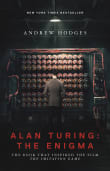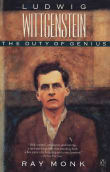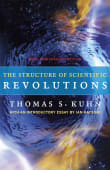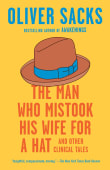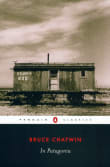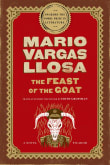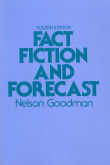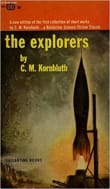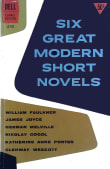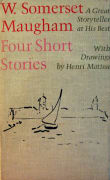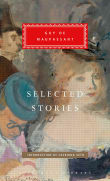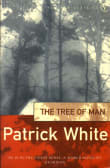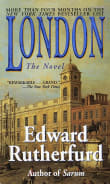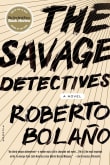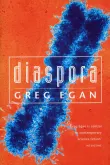Labyrinths
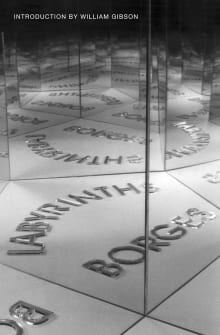
Book description
The groundbreaking trans-genre work of Argentinian writer Jorge Luis Borges (1899-1986) has been insinuating itself into the structure, stance, and very breath of world literature for well over half a century. Multi-layered, self-referential, elusive, and allusive writing is now frequently labeled Borgesian. Umberto Eco's international bestseller, The Name of the…
Why read it?
5 authors picked Labyrinths as one of their favorite books. Why do they recommend it?

Maybe the weirdest and most beautiful collection of stories in my house full of books.
In “The Circular Ruins,” a man dreams up another man, only to realize that he, too, is a dream. “The Library of Babel” imagines a world containing every possible book, most of which are nonsense but some of which, if only you could find them, contain the most profound truths ever written. “Funes the Memorious” imagines a boy paralyzed by a perfect memory, one that retains every single detail of every event ever experienced.
Every sentence of these stories is bizarre and fascinating, with a…
From Eric's list on blow your mind about the weirdness of the world.

Borges was the first proper writer I met, aged 16, when living in Buenos Aires.
In 1974, I climbed the stairs to his flat in Avenida Maipú and spent the morning reading to him – Anglo-Saxon verse, a Kipling poem, a page of Chesterton – and a line from Hamlet that he wanted me to check, “There’s nothing either good or bad but thinking makes it so.”
The blind Borges remembered the quote as not containing the word “either”. He thought for a moment, then said: “My version is better. Memory has made it better.”
Labyrinths contains his best stories,…
From Nicholas' list on post-war Latin America.

Borges writes only short fiction—and his collection of stories Labyrinths made a huge impression on me. The stories have a clean, almost mathematical style, and are often based on a single, bizarre concept. For instance: just suppose there existed a library in which the books represent all the possible combinations of the letters of the alphabet—so some books consist of nonsense, others consist of the complete works of Shakespeare, or even Shakespeare’s works differing by one letter from the original. In my book, I include an inset story about a man called Mr. N, who spends fifteen years of…
From Stephen's list on turning you into a novelist.

Labyrinths is the most uncanny short story collection I’ve ever read. No other writing I know compares to it. Borges builds each story from a philosophical concept.
For example:
What if the tree that fell in the forest really didn’t exist?
What if life was deliberately random?
What if you could only think of one thing?
What if you could remember everything?
Sound boring? No way. Just the opposite, because these mind-boggling ideas play out in the everyday world, the world of groceries, love letters, collies, fountain pens.
No matter how often I do, each time I read a Borges…
From Theodore's list on short story novel collections.

This is fiction by the famous South American writer. It is a collection of short stories playing around with our notions of reality. It is good to read but also an introduction to the problem of what we think of as real. In order to understand the problem and get somewhere with it, you have to detach the mind from everyday reality so as to make yourself puzzled about how that reality exists. Borges is an entertaining way of getting away from the everyday.
From Harry's list on making reality.
Want books like Labyrinths?
Our community of 10,000+ authors has personally recommended 100 books like Labyrinths.
5 book lists we think you will like!
Interested in Buenos Aires, Latin America, and Argentina?
10,000+ authors have recommended their favorite books and what they love about them. Browse their picks for the best books about Buenos Aires, Latin America, and Argentina.
